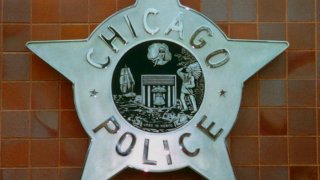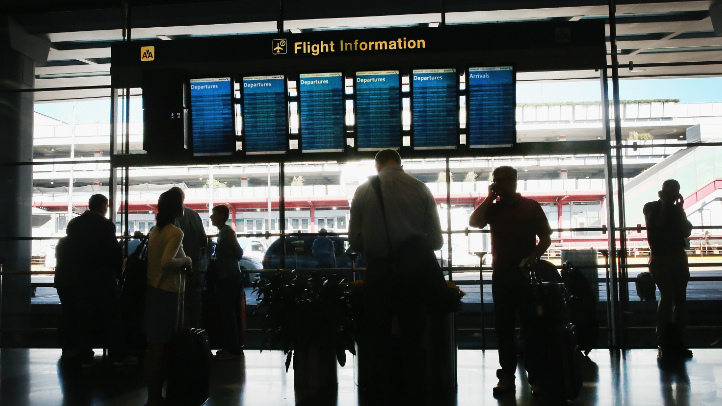
During a Friday morning hearing in federal court, critics of the Chicago Police Department told a federal judge overseeing reforms in the Chicago Police Department that officers have committed repeated abuses during recent demonstrations in Chicago.
Northwestern Law Professor Sheila Bedi, attorney for a coalition of groups who are parties to the consent decree, cited what she called “animus the Chicago Police Department has demonstrated against protesters,” which she said made the protection promises in the consent decree meaningless.
“What we’ve seen is that CPD officers are instigating violence,” Bedi told judge Robert Dow. “They are systematically using lethal force against peaceful protesters -- they are retaliating against journalists and others who are filming police activity during these protests, indiscriminately using tear gas and pepper spray, confiscating protester property, using harassing hate-filled language or using slurs, and what’s clear is that CPD officials at the highest level have failed to take effective action to implement the terms of the consent decree.”
Bedi suggested the abuses did not just pertain to the many demonstrations stemming from the George Floyd incident in Minneapolis earlier this year, but were continuing even today.
“I just reviewed a video of off-duty police officers, including the President of the FOP harassing protesters who gathered to witness the removal of the Columbus statue just this morning,” she said. “And unless the City takes immediate action, CPD’s violence against protesters is going to continue unabated.”
Dow made clear that he intends to review all evidence available to make a determination if such abuses are continuing.
“There certainly is enough video out there these days, that if you follow this, the camera will tell the tale,” he said.
Local
At the same time, the attorney general’s office accused the City of Chicago of dragging its feet in complying with reforms promised in the court-monitored consent decree.
“The urgency has really never been more apparent,” Assistant Attorney General Alica Weber told judge Robert Dow. “The protests occurring in our city produce evidence on a daily basis that CPD must overhaul its relationship with the residents of Chicago.”
Weber told the judge, “If the City is unable to produce a realistic transparent plan for how and when it will live up to its promises in the consent decree, we will have no other option than to invoke the power of the court to compel the City into compliance.”
Responding for the City of Chicago, attorney Alan Slagel promised the city was still committed to change.
“The mayor’s commitment to reform is deep and long standing,” he told the court. “While progress can seem slow to some, this administration’s drive to achieve meaningful reform correctly, and in a way that will stand the test of time for our city has not, and will not waiver.”
Speaking for the Fraternal Order of Police, attorney Joel D’Alba complained that a site set up by the city at the shuttered South Shore High school for compliance training was loaded with lead and asbestos and a danger to officers. And he questioned why no one had made the court aware that officers had also been victims of abuse.
“There’s not one word in that document about the 52 police officers who have been injured -- 18 who have been hospitalized,” D’Alba said. “Two have serious eye problems. … I think that’s an important component of what you need to consider.”
The judge indicated he would keep an open mind as he reviews the evidence.
“As I said, the camera tells the tale and the camera tells the tale on both sides,” he said, indicating that he and the court appointed federal monitor “will review lots of video that comes out of the events of the last couple of months, and they will tell, I’m sure a very complicated tale.”
The monitor, attorney Maggie Hickey, said that since June 5, her team had interviewed 32 CPD supervisors involved in the protests which took place the weekend of May 29, and that the City had provided over 4,000 pages of records. Hickey said she and her staff had also contacted at least 274 groups or individuals involved in the protests, but that they had received only “approximately a 10% positive response.”
She told the court that she was working to get even anonymous accounts from some of those demonstrators, and that her office was going through social media for video and posts which might further illuminate what took place.
CHickey said her office would conduct “listening sessions” to allow others to come forward, Aug. 19 and 20.



